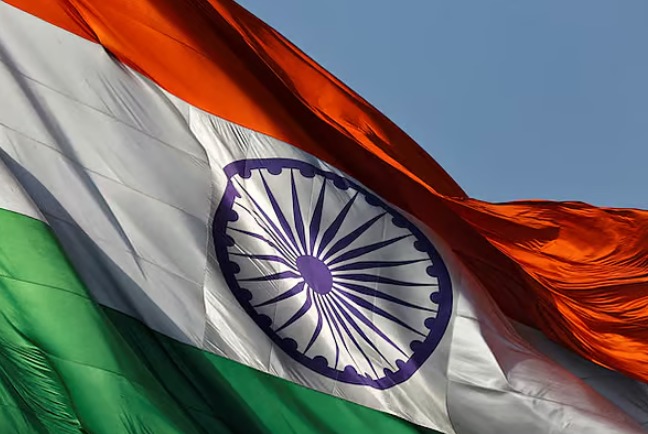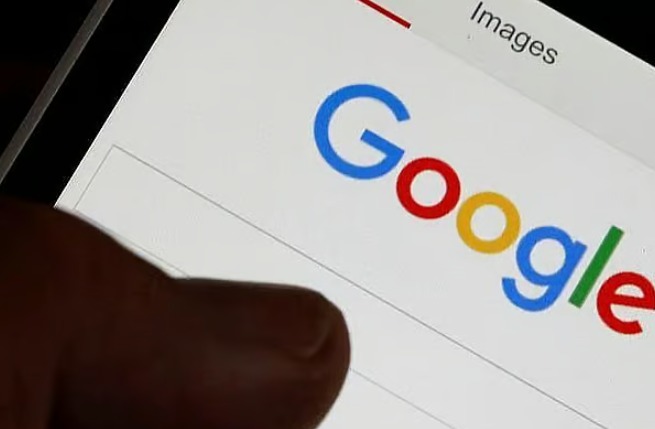Desk Report,
Why is India so attracted to English?
British traders set foot on the shores of India in the early 17th century (1601–1700 AD). They came here in search of spices and silk, but they stayed for centuries. They left a legacy in the country that continues to deeply influence this nation long after the end of colonial rule and exploitation. And that is the English language.
Why is India so attracted to English?
In India, English was first a tool of trade. Later, it became the language of law. Over time, it became a symbol of civic status. And thus, over the centuries, this language has gradually become an integral part of the lives of Indians.
Currently, Prime Minister Narendra Modi’s Bharatiya Janata Party (BJP) is facing perhaps the biggest challenge to the status of the English language in India’s history. The party has been trying to establish a Hindutva-dominated rule in India for more than a decade. Last month, India’s Home Minister Amit Shah said, “Those who speak English will soon feel ashamed.” His comments have sparked a wide-ranging debate about national identity and social development in the multilingual country of 1.4 billion people.
In India, the language of accounts and contracts in trade chambers and offices was English. But as British rule spread from the ports of Gujarat to the palaces of Delhi, English became the common language of the colonial elite.
Although Amit Shah did not directly mention India’s colonial rulers, he declared, “The languages of our country are the jewels of our culture.” Without these languages, “we cannot be truly Indian.”
In India, the language of accounts and contracts in trade chambers and offices was English. But as British rule spread from the ports of Gujarat to the palaces of Delhi, English became the common language of the colonial elite.
India was in turmoil at the time of independence. With hundreds of languages and dialects spoken across the country, the newly elected leaders were torn over which language would represent the new nation? Hindi, the main language of North India, was proposed as the official language. But the non-Hindi-speaking states, especially in South India, strongly opposed the proposal. As a result, English remained the only medium of communication among the country’s many speakers. This legacy left by the British still lingers. It still haunts many.
“I think English is the language of the colonial rulers. It should be our national language, a language that is rooted in the soil of India,” says Pradeep Bahirwani, a former corporate executive in Bengaluru.
In recent years, the BJP, led by Narendra Modi, has been emphasizing the promotion of Hindi. It is also trying to reduce the use of English in public life.
Critics have said that Amit Shah’s comments could jeopardize India’s competitiveness in the international arena. According to them, equating English with cultural shame reflects a narrow perspective. This perspective seeks to erase a part left by the colonialists, which still helps India maintain its proficiency in the language of global trade.
Ayesha Kidwai, a professor and linguist at Delhi’s Jawaharlal Nehru University, said, “People have a desire to have the opportunity to learn a language that has an international reputation. I no longer consider it a legacy of colonialism.”
The reaction against the BJP’s recent statements has also been strong.
After Amit Shah’s comments last month, India’s opposition leader Rahul Gandhi wrote on social media, “English is not a barrier, it is a bridge. English is not something to be ashamed of, it is a strength. Every Indian language has its soul, culture and knowledge. We have to take care of them. At the same time, every child needs to be taught English.’
CNN has reached out to India’s home ministry for comment.
But the language tensions are no longer confined to the legislative debates, but are also spilling over onto the streets.
Last week, a video of a heated argument on a train in India’s financial hub Mumbai went viral, in which a passenger was harassed for not speaking Marathi. Clashes erupted in various parts of Mumbai over the central government’s push to promote Hindi.
Hindi is the BJP’s political base, a North Indian language, and a symbol of the party’s attempt to unify the country on the basis of its Hindutva nationalism.
Language as a political tool
India gained independence from the British in 1947. Since then, the status of the English language in the country has become a deeply political issue. It is also inextricably linked to questions of identity, power and national direction.
English is currently one of India’s official languages. About 10 percent of the country speaks it. According to the 2011 census, Hindi is the first language of about 44 percent of the population.
The widespread use of English in India began in the 19th century under the initiative of British politician Thomas MacLell. The languages of the then elite were Sanskrit, Persian and Arabic. MacLell believed that English should be introduced in the education system instead of these languages.
However, in recent years, the BJP led by Narendra Modi has been emphasizing the spread of Hindi. At the same time, it is trying to reduce the use of English in public life.
Modi almost never speaks in English. He chooses Hindi even for important occasions like addressing the nation—such as his monthly radio program. The Narendra Modi administration has encouraged government officials to use Hindi on social media and in official correspondence.




